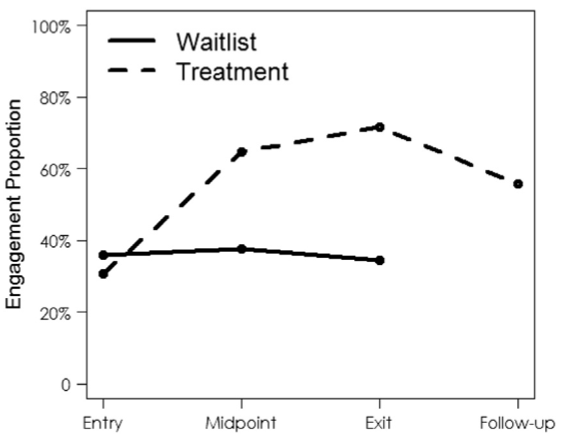It’s estimated that there are 1.2 million American children living with autism—roughly one in every 68 kids. Because these children have so much trouble communicating with their classmates, it’s common for them just to give up and spend their time alone.
Watching the isolation these kids endure at school can be heartbreaking for parents, and frequently they push for an aide or a teacher to shadow their child during recess and lunch breaks. The idea is that the shadow can help the kids mingle. But the approach can actually have the opposite effect. Studies have shown that the adults who are shadowing the children inadvertently block interactions among students, which can make the isolation even worse. Adolescents in particular complain of being “marked” by their shadows.
New research suggests it’s important to give autistic kids some space, which allows them to mingle and make friends more comfortably.
New research suggests it’s important to give autistic kids some space, which allows them to mingle and make friends more comfortably. It’s also crucial to educate kids suffering from the disorder’s frustrating symptoms on playground norms. And perhaps more importantly, their classmates must also receive advice about understanding their potential friends.
Remaking Recess is an emerging intervention program that helps schools assist kids with autism. Remaking Recess coaches don’t just teach school teachers how to help their autistic students; they teach them how to help all of their students get along and better understand each other.
Researchers recently studied how Remaking Recess affected the social lives of 24 students aged six to 11 at four elementary schools. Two schools took part in the program in the first year; the other two were wait-listed and took part a year later. The resulting paper, published in Behavior Therapy, describes how the program works:
The intervention consisted of information sharing, active coaching on the playground, and systematic support fading. Paraprofessionals were trained with an hour-long group presentation on the social challenges of children with autism at school and overview of the Remaking Recess intervention and then provided daily active coaching on the playground for 2 weeks.
The results were uplifting. The following chart shows the amount of time that the autistic kids spent conversing, playing games, or having any other kind of observable interaction with schoolmates. It compares the schools that received the treatment in the first year with observations from the schools that were still waiting:

(Chart: Behavior Therapy)
We asked Mark Kretzmann, a post-doctoral scholar at the University of California-Los Angeles, how findings from his research could help adults who are raising children with autism.
“Help your children learn productive social routines at school,” he says. “Learn how they transition to the playground, what they do out there and who they like. Teach them the rules of popular playground games and make sure they’re supported to try them out. Communicate in a friendly way with the playground staff—let them know that you value good quality peer interaction.”




